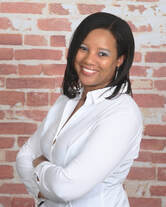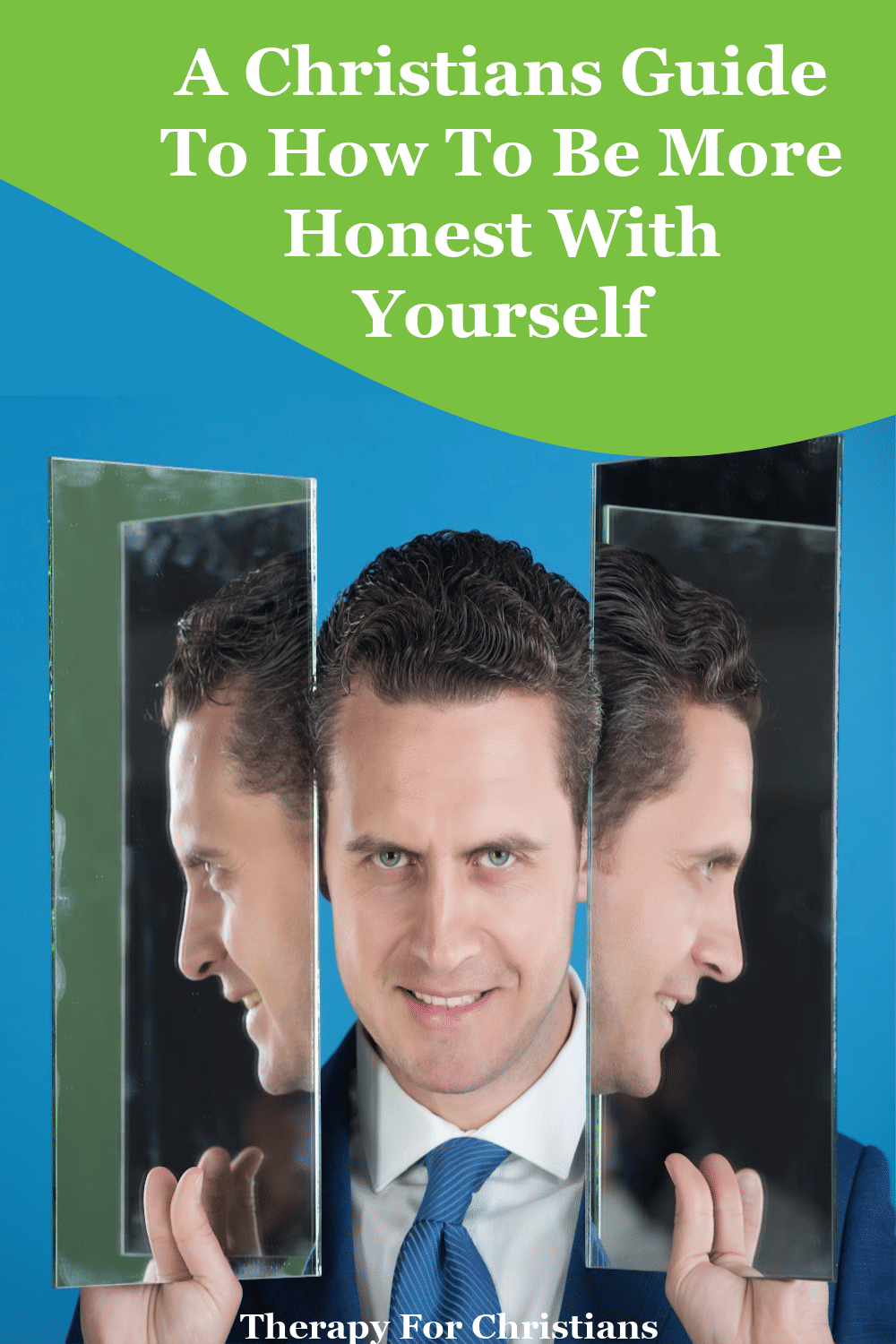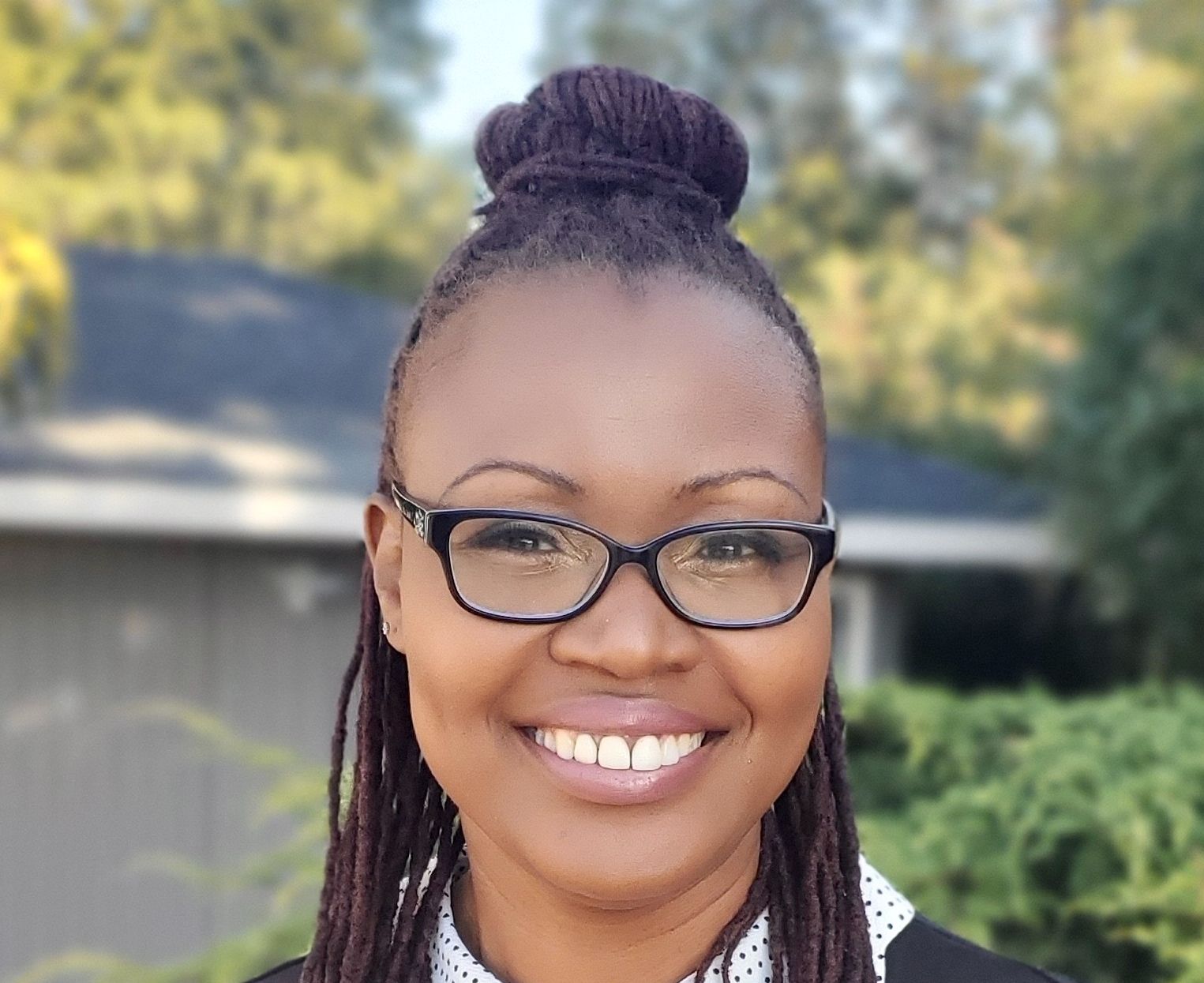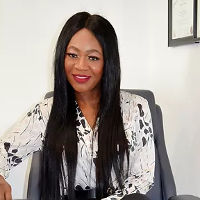
Are you always honest with yourself? Most people aren't, and that's one of the biggest problems we face as individuals in this day and age. We get so caught up in who others think we are, that we try to maintain that image instead of being who we really are. This can get exhausting real quick, and it's not what God wants for us as He created us uniquely for a purpose.
The fancy name for being honest with yourself is called self-awareness. Before we can have an honest conversation with ourselves we have to become self-aware. This means internally reflecting, understanding, and evaluating your inner responses and outward behaviors.

What is Self-Awareness?
Self-awareness is basically knowing yourself inside and out, like that time Adam met all the animals and realized he needed an Eve (Genesis 2:20). It's understanding your quirks, emotions, and why you tick certain ways.
Imagine two friends: Sarah, who blames the world for her bad mood, and Matt, who takes a step back and realizes his grumpiness stems from that extra-spicy chili he devoured. Matt's got that self-awareness going on, like Paul in Romans 12:3 when he says, "Don't think you're better than you are." Both friends are human, but Matt's self-awareness lets him adjust his course.
Types of Self-awareness
Psychologists like Shelley Duval and Robert Wicklund say there are two types of self-awareness:
The "what-others-think" kind (also know as public self-awareness): This is like being in the spotlight, constantly aware of how you come across. It's good for social skills, but too much can make you a master of hiding your true self, like wearing a mask instead of your real face. Think of the Pharisees in Jesus' time, all about appearances but not so good on the inside.
The "inner explorer" kind (also know as private self-awareness): This is about reflecting on your own stuff – emotions, thoughts, the whole shebang. It's like having a quiet chat with yourself, figuring out why you're feeling grumpy like a camel who lost his hump (think Elijah in the desert). When you notice yourself getting tense before a big presentation, that's private self-awareness in action.
Why is Self-Awareness Important?
When difficult emotions come up, we may find ourselves retreating from their true significance. Anxious and disturbed by their intensity, we would just want to make those feelings go away. It’s hard to think about our pain. So we might as well eat, shop, exercise, seek out addictions of various kinds, and—above all—stay busy.
The net result of poor self-reflection skills is that we lack the ability to come up with any real sense of our feelings, let alone why we are behaving in certain ways. And, of course, this lack of awareness limits our ability to communicate in our relationships.
Biblical Example of Self-Awareness
We all know the story of David and Goliath, the shepherd boy who defeated a giant. However, what many people don't know is that something very important had to happen before David could fight.
defeated a giant. However, what many people don't know is that something very important had to happen before David could fight.
Before facing Goliath, David had to have an honest conversation with himself. He had to listen to himself and bring back to memory all that God had brought him through. He had to turn down Saul's armor because he was fully aware that he wouldn't need it. He had to block out the noise and listen to himself. And he did, that's why he won. He won because he listened to himself and remembered who God said he is.
God's purpose was fulfilled through David, only because he chose to be honest with himself about who he really is. He wasn't a soldier, he was a shepherd - a shepherd who had fought big things before without any armor.
He did not know how to be a soldier, but he did know how to protect what is precious, so he went into battle the only way he knew how. And he won!
The story would have been a whole lot different if David listened to his brother's taunts or accepted Saul's armor. All Goliath needed was a David who wasn't honest with himself. Remember this the next time the enemy tempts you to lie to yourself and be anything but who you are.
What Causes A Lack of Self-Awareness?
What would you do if you heard a baby crying? Most of us would see what the baby needs and meet that need. In meeting that baby’s needs we are providing comfort and showing them that it's okay to be aware of your needs and communicate them to others. Each time this happens, it frees the baby to notice what is happening within themselves and the world around them.
However, for 75 percent of adults, something happens after infancy. Most of them don't have a single memory of receiving comfort after a time of emotional distress as a child. This lack of comfort (or of remembering being comforted as a child) impacts how we function as adults and can lead to us not being self-aware at all.
In an ideal world, when a child encounters emotional distress, a primary caregiver would listen to them with curiosity and without being judgmental. The primary caregiver would ask questions so the child would have an opportunity to reflect and put into words what’s going on inside of them.
Self-awareness is usually developed in a childhood when a parent asks a child to describe their inner experience and identify feelings according to Milan and Kay Yerkovich. However, even if it was not developed in childhood, you can use the below guided questions to increase your self-awareness now.
1. Become aware of your feelings to increase self-awareness
This first step simply involves developing an awareness of our emotions. Yet, for many people, this step is incredibly difficult. It is amazing how many people cannot identify their feelings. But, then again, when we were growing up, most of us never had someone older and wiser invite us in to share our true feelings.
2. Get curious about your feelings
Once you are aware of your feelings, when you notice yourself feeling intense reactions to something or someone become curious. Even if others don’t notice, take a deep breath, settle down, and ask yourself the below questions.
1. What am I reacting to?
2. What feelings am I feeling (use a feeling list if needed)?
3. Where do I feel these feelings in my body?
4. What did/am I doing because of these feelings?
5. What is the consequence of these feelings, actions and/or behaviors.
6. What do I believe about God, yourself, or others because of my feelings, reactions, and/or resulting behaviors?
7. Did you experience this feeling (or these feelings) as a child? When? How old were you?
8. Did I have similar beliefs or assumptions as a child? (If so, how much are my current feelings about the past versus the present? Try to give a percentage. Remember triggers are over reactions in the present because past wounds are mixing with current experiences.)
9. Identify what you need and communicate it to another or take steps to meet your need.
Sometimes it also helps to think of who it is in your past you’d like to respond to. Using the above questions will help raise your awareness level. Plus, you’ll probably find a link between what you’re feeling in the present and a similar feeling you had in the past.

3. Communicate your feeling to others in a non-reactive way
Effective communication of feelings in a non-reactive way is a key aspect of increasing self-awareness. Instead of impulsively reacting to emotions, it involves expressing oneself thoughtfully and consciously.
One approach is to use "I" statements to convey feelings without placing blame. For example, saying "I feel overwhelmed when there's a lot of pressure" rather than accusing others of causing stress. Additionally, choosing the right moment for communication and being mindful of one's tone and body language are crucial. Actively listening to others' perspectives fosters empathy and enhances understanding. By articulating emotions calmly and receptively, you not only convey your inner experiences but also gain insights into your own emotional landscape, fostering self-awareness and promoting healthier interpersonal relationships.
Final Thoughts on Awareness of Self
Remember, self-awareness is important because if we don’t know what we feel, we won’t know what we need. Like the lights on the dashboard of a car, our emotions tell us when it’s time to pay attention to the engine. If we aren’t paying attention to the dashboard, we aren’t going to know what in our souls needs attention.
If you would like to do a deep dive into being more honest with yourself, pre-order a copy of It Is Well: A Christian Guided Journal. It is Well is scheduled to be released in November 2021. It it Well offers more than 40 guided activities to help you be more self-aware and honest with yourself.
yourself, pre-order a copy of It Is Well: A Christian Guided Journal. It is Well is scheduled to be released in November 2021. It it Well offers more than 40 guided activities to help you be more self-aware and honest with yourself.
About the Author:

Corine Williams, Ph.D. is Clinical Psychologist that is currently seeing clients in the States of Maryland, New Jersey, and New York. You can find out more about her practice by visiting www.therapyforchristians.com/corinewilliams. In addition to providing individual therapy, Dr. Williams is also passionate about writing books and designing merchandise that educate, uplift, and normalize mental health subject in the Christian community. You can find out more about her at www.booksbycorine.com or by visiting her amazon profile here: https://www.amazon.com/Corine-Hyman/e/B00AWZ5FL2
Help us increase mental health awareness in the Christian community by donating through our paypal link here: www.paypal.com/therapyforchristians, joining our mailing list by clicking below, or join our provider list here: Provider listing
Disclaimer: the information, including but not limited to, text, graphics, images and other material contained on this article are for informational purposes only. No material on this site is intended to be a substitute for professional medical advice, diagnosis or treatment. If you are looking for a Christian counselor near you, please check out our directory located here: Christians Therapist Near Me
.png)











